If you’re charged with domestic battery in Chicago, Skokie, Rolling Meadows or any of the other communities outside the city, you’re looking at serious penalties – and if you’re convicted, this crime will follow you around for the rest of your life. It’s probably a good idea to get in touch with a domestic battery defense attorney immediately.
But what does it mean to be charged with domestic battery?
What Does it Mean to be Charged With Domestic Battery?
Being charged with domestic battery means the police believe you have committed battery – a physical act of harming another person or contacting them physically in a way they don’t want you to – on a person you share a certain relationship with.
Here’s what the law says:
(720 ILCS 5/12-3.2) (from Ch. 38, par. 12-3.2)
Sec. 12-3.2. Domestic battery.
(a) A person commits domestic battery if he or she knowingly without legal justification by any means:
(1) causes bodily harm to any family or household member;
(2) makes physical contact of an insulting or provoking nature with any family or household member.
Domestic battery is a Class A misdemeanor, and a judge can sentence you to imprisonment for up to a year and a fine of up to $2,500. However, if you have a previous domestic battery conviction or you have met a circumstance outlined in the IDVA, it could be a Class 4 felony. In that case, a conviction can result in up to 3 years in prison and a fine of up to $25,000.
The relationships that turn a battery case into a domestic battery case include:
- Blood-related family members
- Co-parents
- Current roommates
- Disabled adults and caregivers
- Elderly adults and caregivers
- Ex-spouses
- Former roommates
- Individuals related by blood through a child
- Parent-child
- Spouses
- Stepparent-child
Do You Need to Talk to a Domestic Battery Defense Lawyer?
If you’ve been accused of domestic battery, it’s important to know your rights. For most people, it makes sense to work with a Chicago domestic battery defense attorney who can walk them through the entire process.
We may be able to help you.
Call us at 847-920-4540 right now for a free case review. We’ll do everything we can to get you the best possible outcome.


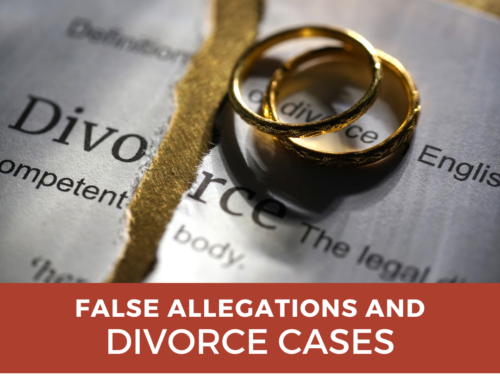
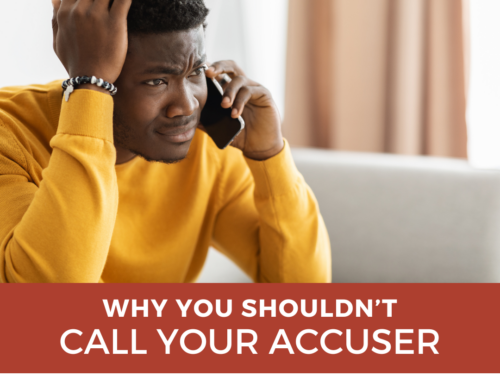
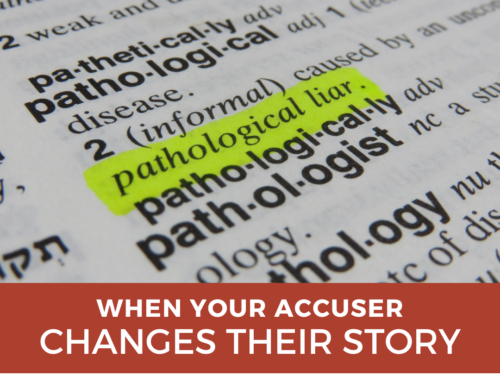
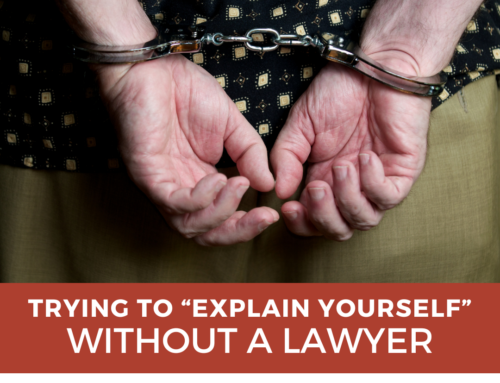
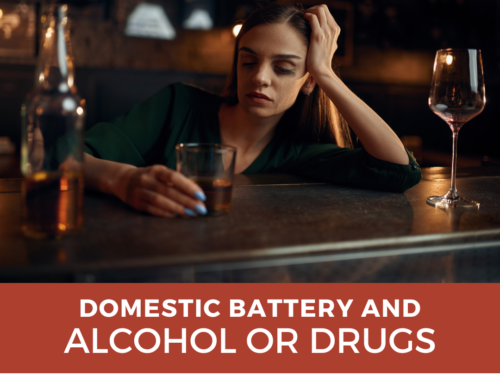
Leave A Comment
You must be logged in to post a comment.